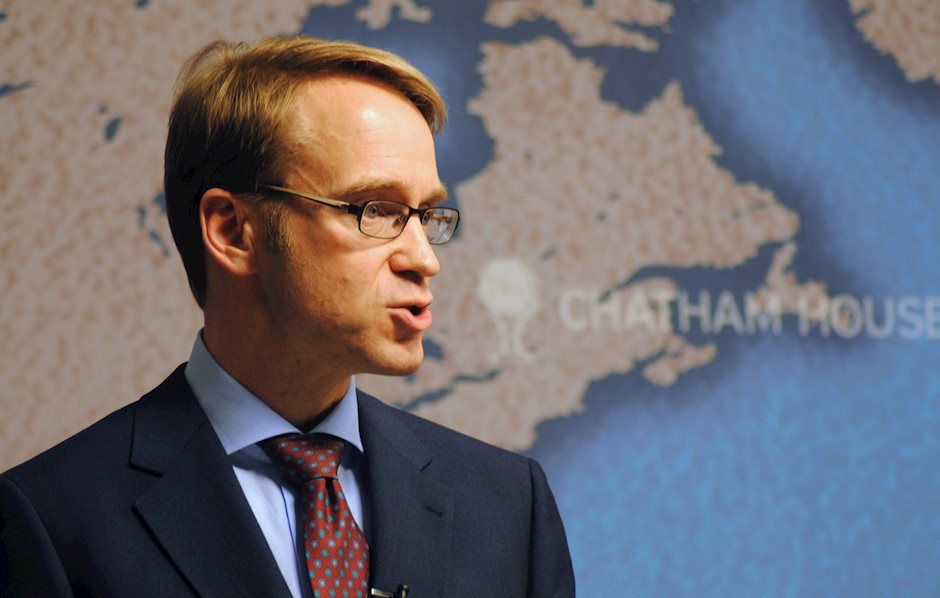Euro area: Resilient PMIs – the recovery should continue

The euro area PMI figures for August were little changed compared with the level in July and only the manufacturing PMI is lower than prior to the Brexit vote in June. The composite PMI new orders index, which is a good leading indicator for GDP growth, has been very stable over the past six months despite the UK's decision to leave the EU. It currently points to a bit higher GDP growth compared with the 0.3% q/q growth rate in Q2.
In our view, economic sentiment has been surprisingly resilient to the UK's decision to leave the EU. We had expected a hard hit to business confidence, which would result in lower investments but, based on the incoming figures, we change our growth outlook and no longer look for a nearterm recession in the euro area, which we had expected to be driven by declining investments.
We now expect GDP growth of 1.5% in 2016 and 1.0% in 2017, up from 1.2% and 0.7%, respectively, in our previous projections. The upward revision to our growth forecast reflects that we no longer look for declining investments. We still expect a lower yearly growth rate in private consumption, as we expect the higher oil price to be a headwind to consumers' spending but the labour market progress and the high consumer confidence continue to point to fairly high growth in private consumption.
The risk to our forecasts remains very high, as it is still early days since the UK voted to leave the EU. Related to this, the information we have about the economic situation post the Brexit vote includes only survey-based data. Nevertheless, we expect a negative impact on the economy stemming mainly from an increase in uncertainty and the expected weakening of sentiment.
Looking further ahead, we see some downside risk to our forecasts, as the uncertainty may affect the economy with a lag. In particular, political events, including the Italian constitutional referendum later this year and the parliamentary and presidential elections in Germany, France and The Netherlands in 2017, could have a negative impact on the euro area economy.
The resilient economic sentiment reduces the pressure on the ECB to ease again in September. The ECB has communicated that it is waiting for more information to assess the impact of the Brexit vote and, given the broadly unchanged growth outlook, it is now more likely that the ECB will conclude that it is too early to announce additional easing. An important argument for more easing at the meeting in September is still that the ECB is concerned about the lack of a convincing upward trend in underlying price pressure, together with very low market-based inflation expectations.
Author

Danske Research Team
Danske Bank A/S
Research is part of Danske Bank Markets and operate as Danske Bank's research department. The department monitors financial markets and economic trends of relevance to Danske Bank Markets and its clients.

















